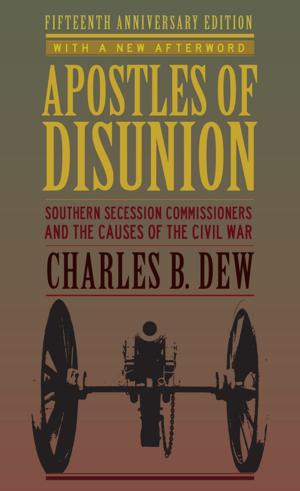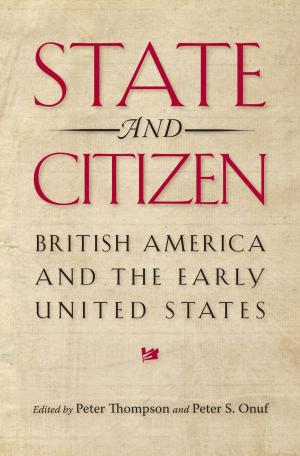Institutional Games and the U.S. Supreme Court
Nonfiction, Social & Cultural Studies, Political Science, Politics, History & Theory| Author: | ISBN: | 9780813934198 | |
| Publisher: | University of Virginia Press | Publication: | October 5, 2012 |
| Imprint: | University of Virginia Press | Language: | English |
| Author: | |
| ISBN: | 9780813934198 |
| Publisher: | University of Virginia Press |
| Publication: | October 5, 2012 |
| Imprint: | University of Virginia Press |
| Language: | English |
Over the course of the past decade, the behavioral analysis of decisions by the Supreme Court has turned to game theory to gain new insights into this important institution in American politics. Game theory highlights the role of strategic interactions between the Court and other institutions in the decisions the Court makes as well as in the relations among the justices as they make their decisions. Rather than assume that the justices’ votes reveal their sincere preferences, students of law and politics have come to examine how the strategic concerns of the justices lead to "sophisticated" behavior as they seek to maximize achievement of their goals when faced with constraints on their ability to do so.
In Institutional Games and the U.S. Supreme Court, James Rogers, Roy Flemming, and Jon Bond gather various essays that use game theory to explain the Supreme Court's interactions with Congress, the states, and the lower courts. Offering new ways of understanding the complexity and consequences of these interactions, the volume joins a growing body of work that considers these influential interactions among various branches of the U.S. government.
Contributors:
Kenneth A. Shepsle, Andrew De Martin, James R. Rogers, Christopher Zorn, Georg Vanberg, Cliff Carrubba, Thomas Hammond, Christopher Bonneau, Reginald Sheehan, Charles Cameron, Lewis A. Kornhauser, Ethan Bueno de Mesquita, Matthew Stephenson, Stefanie A. Lindquist, Susan D. Haire, Lawrence Baum
Over the course of the past decade, the behavioral analysis of decisions by the Supreme Court has turned to game theory to gain new insights into this important institution in American politics. Game theory highlights the role of strategic interactions between the Court and other institutions in the decisions the Court makes as well as in the relations among the justices as they make their decisions. Rather than assume that the justices’ votes reveal their sincere preferences, students of law and politics have come to examine how the strategic concerns of the justices lead to "sophisticated" behavior as they seek to maximize achievement of their goals when faced with constraints on their ability to do so.
In Institutional Games and the U.S. Supreme Court, James Rogers, Roy Flemming, and Jon Bond gather various essays that use game theory to explain the Supreme Court's interactions with Congress, the states, and the lower courts. Offering new ways of understanding the complexity and consequences of these interactions, the volume joins a growing body of work that considers these influential interactions among various branches of the U.S. government.
Contributors:
Kenneth A. Shepsle, Andrew De Martin, James R. Rogers, Christopher Zorn, Georg Vanberg, Cliff Carrubba, Thomas Hammond, Christopher Bonneau, Reginald Sheehan, Charles Cameron, Lewis A. Kornhauser, Ethan Bueno de Mesquita, Matthew Stephenson, Stefanie A. Lindquist, Susan D. Haire, Lawrence Baum















